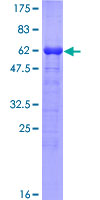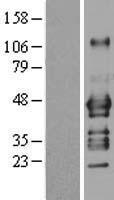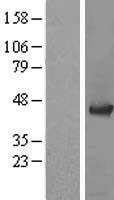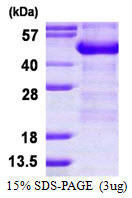order histories, retained contact details for faster checkout, review submissions, and special promotions.
Forgot password?
order histories, retained contact details for faster checkout, review submissions, and special promotions.
Location
Corporate Headquarters
Vector Laboratories, Inc.
6737 Mowry Ave
Newark, CA 94560
United States
Telephone Numbers
Customer Service: (800) 227-6666 / (650) 697-3600
Contact Us
Additional Contact Details
order histories, retained contact details for faster checkout, review submissions, and special promotions.
Forgot password?
order histories, retained contact details for faster checkout, review submissions, and special promotions.
ADRM1
adhesion regulating molecule 1
ADRM1 is a member of the adhesion regulating molecule 1 protein family. The encoded protein is a component of the proteasome where it acts as a ubiquitin receptor and recruits the deubiquitinating enzyme, ubiquitin carboxyl-terminal hydrolase L5. Increased levels of the encoded protein are associated with increased cell adhesion, which is likely an indirect effect of this intracellular protein. Dysregulation of this gene has been implicated in carcinogenesis. Alternative splicing results in multiple transcript variants.
| Gene Name: | adhesion regulating molecule 1 |
| Synonyms: | ADRM1, Adhesion regulating molecule 1, Adhesion-regulating molecule 1, ARM1, gp110, HRpn13, Rpn13 homolog, M(r) 110,000 surface antigen, ARM-1, Rpn13 |
| Target Sequences: | NM_007002 NP_008933.2 Q16186 |










If you do not find the reagent or information you require, please contact Customer.Support@LSBio.com to inquire about additional products in development.










